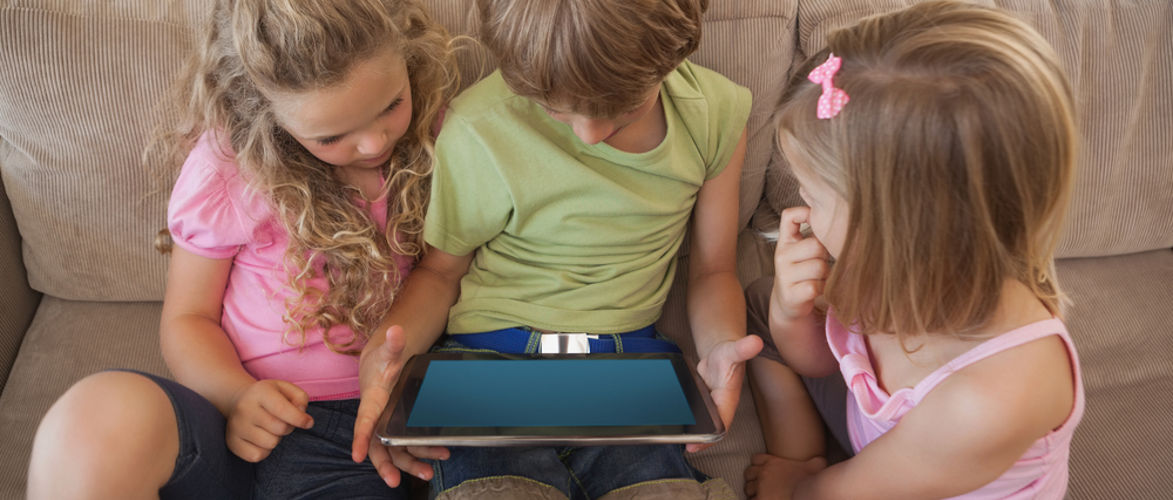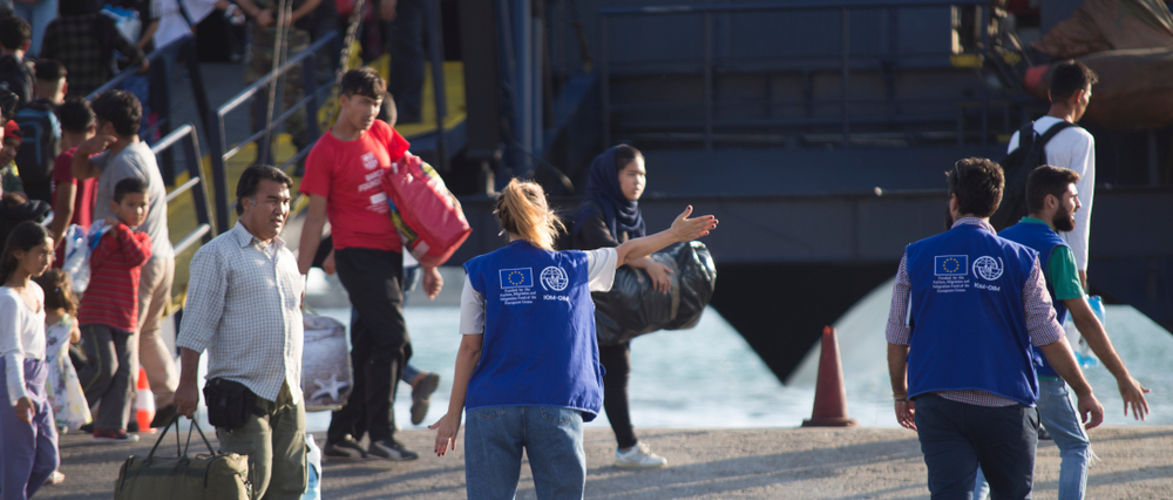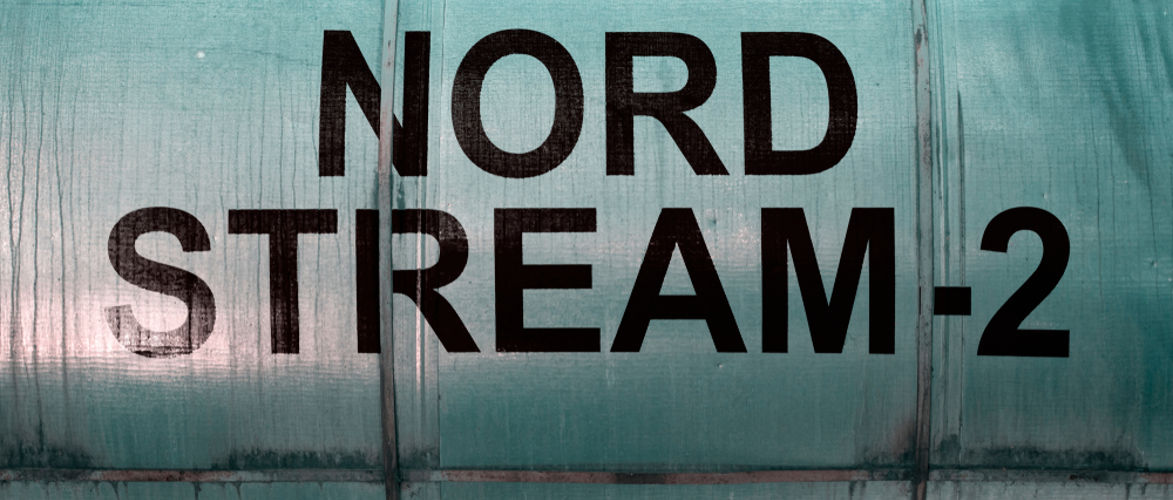By Tamara Ganjalyan.
Maybe there are parents who still remember that other life, that submerged world eons or a year ago. Back then, when your children did something in their free time, a weekend trip, for example, or went to the children’s theater or to the zoo. It was what was called “normal,” and normal was mostly this: Kids playing with kids instead of consoles, real physical encounters instead of its cheap digital knock-off in the brave new world of Silicon Valley. At that time, pediatricians, psychologists and even educators in schools and daycare centers never got tired of telling us parents that children needed peers, real interaction with their peers, and that social relationships were so enormously important for child development.
Back then, in this long-gone era, anyone who let his child sit in front of the TV for more than half an hour a day almost exposed himself to the suspicion of precarious family circumstances. Media consumption only within strict time limits and with parental guidance, otherwise: exercise in the fresh air and going to the playground with friends – all this applied until March 2020. Since then, the world of children in particular has changed. For many, it is a smaller and lonelier one. If you don’t have the privilege of living in a detached house with a garden or in a large apartment in an old building with a roof terrace, a large part of the day takes place in lockdown – literally: enclosure – between the room, kitchen, bathroom and, for many, in front of the screen. The world has shrunk to a minimum. Life essentially still revolves around basic physical functions: Eating, sleeping, digesting, sleeping again, eating…
All other, no less fundamental human needs, which go beyond the sphere of pure survival, are meanwhile outsourced to the virtual, in the pretense of an equivalent substitute for the physical. Art and culture, human interaction and, last but not least, education are to be transferred from the impure, always potentially contaminated analogue world to the Internet, as the hygienic normative would like it. The fact that school is not only a place of theoretical knowledge transfer, but at least as much a place of encounter and social learning, simply no longer seems to matter. Learning to read and write is supposedly also possible on the tablet, the pure screen. For contacts, there’s social media – that must be enough in terms of “child-friendly housing”.
SEAL POSTERS WITH MASKED CHILDREN
What seeps into this shrunken world through the media will one day be exhibited in museums, the mother with a background in history thinks, perhaps as an example of propaganda that starts with the youngest. For example, the musically prepared clip with beautifully animated images that is shown on children’s television at seven in the morning and teaches them that they have to obey the rules, “because nobody wants Corona”. Or the children’s magazine with a cute seal poster, which brings comics with masked children’s characters, whose message is: “Keep your distance, wear a mask, have fun!” The question of “And next?” no longer comes across here.
With the cult of infection avoidance, the safety narrative that has unquestionably determined parts of the public discourse for quite some time has finally found its way into children’s rooms. In the virtual surrogate world, it is not so much the coincidences of unpredictable flesh-and-blood life, always fraught with the unknown risk of the deadly, which form the framework of what is not only experienced, but actually lived. In the asepsis of the Internet, our children rather encounter the imagined (by whom?), the prepared (for what?) at a safe distance from imperfect biology. In this way, the products of octopus-like digital corporations become the places where childhood is supposed to take shape: Learning on Schoolfox, meeting friends on Facebook, hanging out on YouTube. The question of “Cui bono?” – who benefits from all this – is admittedly a heretical one.
THE TORMENTS OF CHILDREN AND THE QUESTION OF LIABILITY
But how will conditions of growing up like those described above shape our children? Will the pixelated imagines on Zoom eventually become what the adults of tomorrow remember as their childhood friends? In particular, will those who go through this experience as only children remember today as a form of solitary confinement? Are we about to raise a generation whose level of relatability will be measured by the number of likes received on a posted selfie? And in a few years, will psychologists be talking about “lockdown syndrome,” which in some ways resembles to hospitalism, so the question of liability for such damage to body and soul is likely to become highly exciting.
This is the title text of the 35th issue of the weekly newspaper Demokratischer Widerstand to be published on Saturday. The weekly newspaper Demokratischer Widerstand (DW) has grown from an informative flyer into the highest-circulation German-language print weekly newspaper after Bild am Sonntag as recently as April 2020. For 34 issues, the newspaper has reached people through distribution across the country who would otherwise be exposed exclusively to government and corporate propaganda. Publisher Anselm Lenz and the editorial staff of the weekly newspaper Demokratischer Widerstand rely on donations via crowdfunding to KDW e.V. under IBAN number DE72 1101 0100 2235 4091 57 or as a Patreon.
+++
Thanks to the author for the right to publish the article.
+++
Image source: wavebreakmedia / shutterstock
+++
KenFM strives to present a broad spectrum of opinions. Opinion articles and guest posts need not reflect the views of the editorial team.
+++
KenFM now available as a free app for Android and iOS devices! You can get to the Apple and Google stores via our homepage. Here is the link: https://kenfm.de/kenfm-app/
+++
Subscribe to the KenFM newsletter now: https://kenfm.de/newsletter/
+++
Support KenFM now: https://www.patreon.com/KenFMde
+++
You like our program? Information on other ways to support us here: https://kenfm.de/support/kenfm-unterstuetzen/
+++
Now you can also support us with Bitcoins.

BitCoin Adresse: 18FpEnH1Dh83GXXGpRNqSoW5TL1z1PZgZK










Kommentare (0)